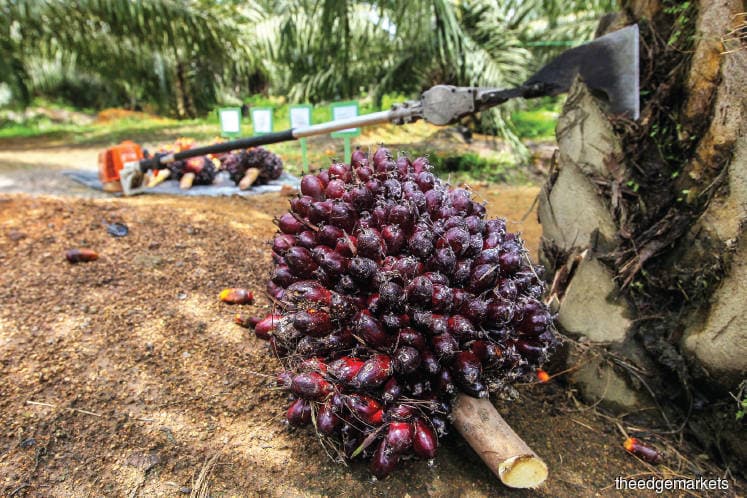
KUALA LUMPUR (July 16): The Malaysian Palm Oil Association (MPOA) should take an active role in restructuring the highly fragmented palm industry comprising a multiplicity of disjointed bodies, so as to realise the industry’s economic potential, according to industry veteran M R Chandran.
“We are working in silos, unfortunately. Different associations have different agendas, although they are all part of the industry. It's very fragmented and we are not speaking with one voice,” said Chandran at the 14th Incorporated Society of Planters (ISP) National Seminar 2018, discussing crop options for the Malaysian plantation industry here.
Chandran called the structure of the Malaysian palm industry “mind-boggling”, given the huge number of organisations involved in the sector's upstream, midstream, and downstream segments.
Raising examples of the sugar and wheat industries in Australia, dairy industry in New Zealand, and the soybean industry in the US, Chandran urged the consolidation of organisations under one umbrella entity to better communicate with the newly-formed Ministry of Primary Industries, especially on the industry’s needs.
“I would like the chairman of MPOA to [see] the need to restructure this industry. We have far too many voices out there, sending different messages to different people in various places. Hopefully, the MPOA can do something about this, and bring everything under one umbrella,” he said, directing it to its chairman Datuk Franki Anthony Dass, who was also present here.
Chandran, a director at ISP, was the start-up chief executive of the Malaysian Palm Oil Association (MPOA). The MPOA is itself a government-supported entity formed in 1999, following a rationalisation exercise of associations, advisory bodies, and councils of the plantation industry, which saw the dissolution of three large plantation sector organisations then.
“Business as usual is not an option. Sustainable development calls for long-term actions, and requires ownership, capacity, and consensus,” he said, highlighting that Malaysia is far from achieving the RM178 billion revenue contribution to Malaysia’s Gross National Income targeted by 2020 under the National Key economic Area (NKEA).
A government-initiated total restructuring of the palm industry is necessary to realise the industry’s economic potential, and for it to be the global stalwart for food, feed, fibre and fuel industries, Chandran added.